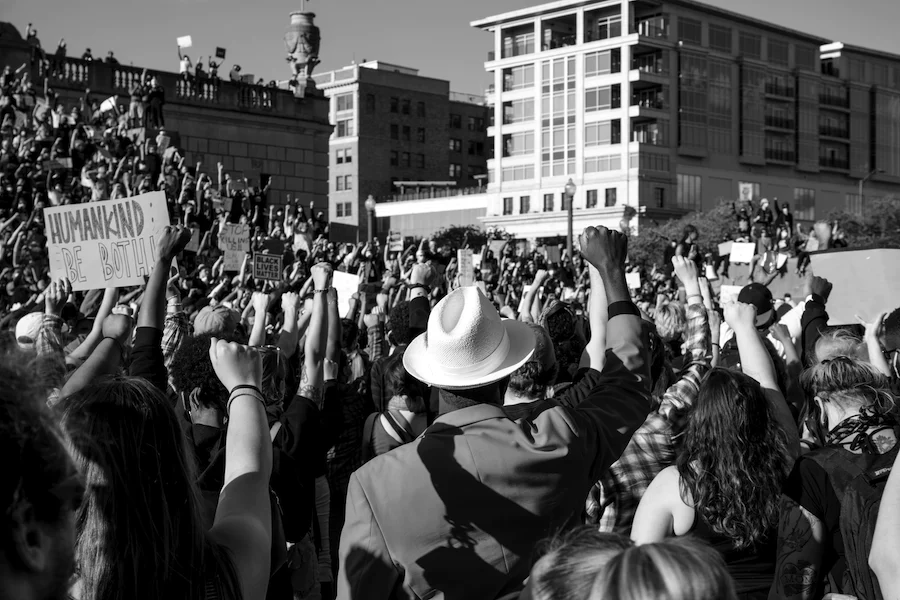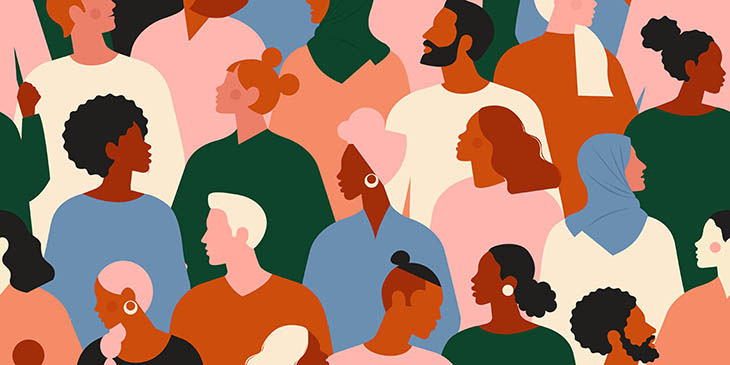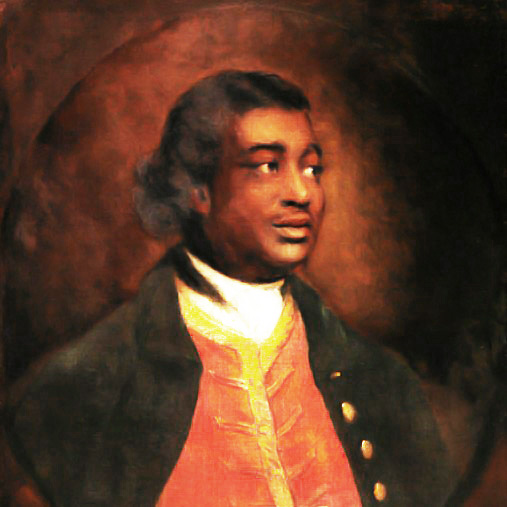Do recent movements like Black Lives Matter emphasise its present-day importance or is it an outdated tradition that contradicts the progress made in Britain since the 80s?
An outdated tradition?
Since 1987, Britain has celebrated black history month every October. It honours the contributions of black individuals throughout Western history and encourages people to broaden their horizons by learning about the lives of prominent black figures whether in schools or elsewhere. But Britain is very different to what it was in 1987, so should we still celebrate black history month today?
Around the country, people are using their social media accounts to promote books on black history, support black-owned businesses and discuss current issues that affect the black community.
Black history month has its roots in the early twentieth century with the work of Carter Woodson who initiated Negro History Week in the United States in 1926. Later in 1976, February was dedicated to black history month and, in schools, it developed into a tradition which focused on learning about prominent black figures like Harriet Tubman, Frederick Douglass and Martin Luther King. Having been inspired by the US, “there was a big focus on black American history.” when it first started in Britain. Still, over the years the focus has slowly shifted towards black British history – providing an opportunity to explore the similarities and differences of the black experience in the US and the UK.

What about everyone else?
Why is it just the black experience that we are recognising? Where is white history month? Or a month dedicated to ethnicities like Hispanics or South Asians? Some argue that having a black history month is insensitive to these ethnic groups since they are also present in Britain and make valuable contributions to society.
It’s important to remember that there are public holidays and other parts of the year that are dedicated to honouring other races and ethnicities. For example, South Asian heritage month runs from the 18th of July to the 17th of August and even though it isn’t as well known as black history month, it is inaccurate to claim that we only dedicate a time in the year to celebrate black people and not do it for other minority groups.

It is also often assumed that the first black people in the UK arrived in post-war Britain and that the Black British identity started in the 1950s but thanks to works of scholars like David Olusoga and Peter Fryer we know that ‘black’ people have been in Britain since the 2nd century AD and the modern concept of the race even existed. There were Africans that came to England with the Romans in the 16th century; there are Elizabethan marriage records that detail interracial marriages that took place and African people that feature in cultural artefacts like Tudor artwork and Shakespeare’s plays.
Even the mass immigration of Caribbean people during the Windrush generation starting in 1948 highlights the forgotten historical relationship between black people and Britain. In his book, Natives: Race and Class in the Ruins of Empire, the British rapper, author, activist and poet Akala says that Caribbean countries like “Jamaica have had a political union, albeit through conquest and slavery, with England since before Britain even existed.”
With such a long and forgotten history between England and black people, there is still a need to celebrate black history month and use it as a month to correct the miseducation that has taken place and recognise the importance of black people shaping modern-day Britain. The sooner we learn about the role of black people in British history, the sooner we can alleviate the squeamishness that surrounds conversations about race and start to be honest about the horrors of The British Empire, the legacy it has left behind and how to do better moving forward.



